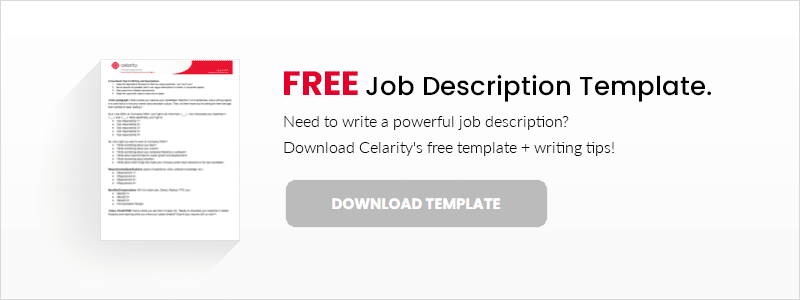Event planning and management happen in a range of industries, from catering to operations management to fundraising to hospitality and a whole lot more. They may work as a freelancer, with an event-management agency or even in-house at a large company. Read on to discover more about the importance of this role.
While there has been much change in marketing because of the digital revolution, many organizations still understand that it’s important to get face to face with your audience. This is where event management and planning comes in. It is the job of the event planner to be able to clearly communicate and deliver an event that meets the business goals of an employer or client, whatever that event may be.
What does an Event Planner do, typically?
Event Planners must be good at sticking to budgets and communicating with clients and stakeholders to ensure all needs are met for an event. Their daily responsibilities may include:
- Hiring and supervising staff, reserving locations, arranging appropriate catering, and (for conferences) overseeing booth and advertising set up
- Monitoring events while they take place onsite and resolving any issues as they arise
- Setting up and testing audio-visual equipment
- Ensuring compliance with health and safety regulations
- Meeting with clients and/or stakeholders to go over needs and goals for an event as well as budget
- Developing advertising plans and promoting the event
- Possessing an uncanny ability to multi-task and work on multiple things at once in order to hit deadlines
Misconceptions about Event Planners:
Many people may think event planners are simply too expensive and will run up costs when it comes to planning, but this is not true. Hiring or having a point person to manage an event can actually save you money as they are very good at budgeting and ensuring you get the best possible event outcome at the best price.
Important metrics for an Event Planner
Acquisition
The number of people that RSVPd to the event versus the number that attended.
Sponsor Recognition
How sponsors thought the event went and the impressions they received.
Social Media Activity
The engagement and buzz generated on social media from the event which can include metrics from paid social media ads and event hashtag use as well.
Follow-up Activity
The number of new referrals, signups for programs and services and the leads and conversions generated.

